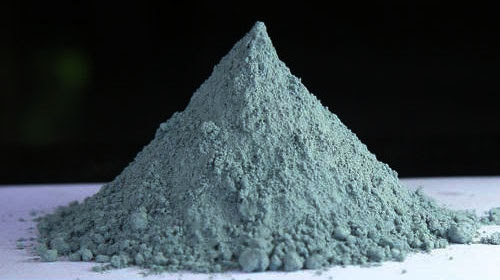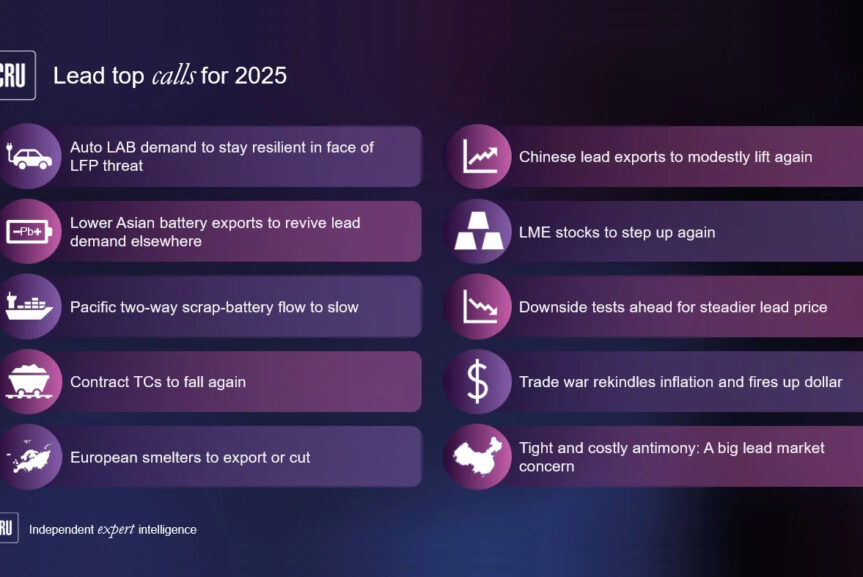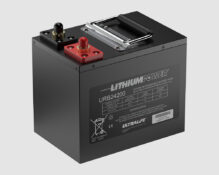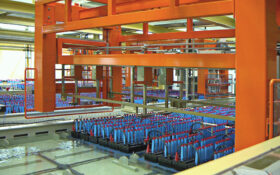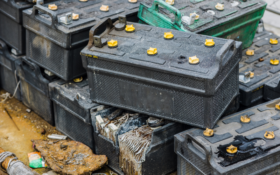Legislation has been introduced to remove excise taxes on three important battery chemicals used to manufacture lead batteries in the US.
The bill aims to remove elements of the US infrastructure bill (passed last month) that reinstituted Superfund excise taxes on lead oxide, sulfuric acid and antimony.
The amendment would remove a tax that places an American industry at a disadvantage of paying higher costs for key raw materials used to manufacture lead batteries, say Battery Council International (BCI).
The introduced bill aims to amend the infrastructure law Internal Revenue Code of 1986 (the domestic portion of federal statutory tax law in the US) to eliminate lead oxide, antimony, and sulfuric acid as taxable chemicals under the Superfund excise taxes.
The bill stated: “The Superfund fee established in Public Law 117-58 makes American manufacturing less competitive by imposing a tax on chemicals used in domestic battery production that is not levied on imported batteries.”
Co-signing the ‘USA Batteries Act‘ bill was representatives Dan Meuser and John Moolenaar, Billy Long and Vicky Hartzler.
The amendment would remove a tax that places an American industry at a disadvantage of paying higher costs for key raw materials used to manufacture lead batteries, say Battery Council International (BCI).
The chemical tax is not levied on imported batteries.
Representative Meuser said: “This tax hike on American battery manufacturers reduces America’s competitiveness and kills good manufacturing jobs.
“At a time when small businesses are reeling from supply chain disruptions, labour shortages, and higher prices, this new and unnecessary tax would be detrimental to the industry.
“Repealing this tax ensures this industry can continue to thrive without facing stiffened competition from foreign producers who have a competitive advantage because they aren’t subject to the tax.”
BCI statement
Battery Council International (BCI) has issued a statement of support that includes the following quote from its executive vice president and general counsel Roger Miksad.
During the past month BCI has worked closely with representative Meuser to eliminate this provision of the bill that places the U.S. battery industry at a disadvantage to imported batteries.
Miksad said: “The lead battery industry thanks representatives Meuser, Moolenaar, Long and Hartzler for taking steps to ensure that the essential US battery manufacturing industry can continue to provide lead batteries for many critical business sectors including defense, transportation, logistics, telecommunications and energy generation.
“The USA Batteries Act will eliminate a tax that gives foreign manufacturers an unfair advantage on the cost of raw materials, and undermines the purpose of the infrastructure bill which was created to support domestic manufacturing. If the tax is allowed to stand it will negatively impact the 25,000 American workers who make and recycle lead batteries.”
The US lead battery industry invested $100 million in R&D in 2019 and through agreements with the U.S. National Laboratories system is pursuing next generation battery technology and energy storage to meet the needs of a market that is expected to grow from 360 GWh in 2020 to 430 GWh in 2030.

